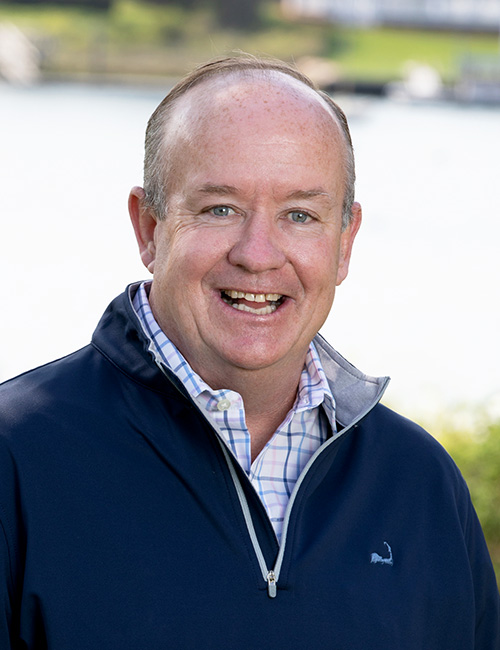
Image by Milly Eaton from Pexels
Cooking or baking, refrigerating food and running the dishwasher all contribute to the amount of energy your home uses overall. According to the U.S. Energy Information Administration, refrigerators use the highest amount of energy in household kitchens. While large appliances require more energy, lighting and other sources of energy, such as water heating, also factor into your total usage. You can save energy in your kitchen with the following energy efficiency tips.
Since refrigerators, dishwashers and stoves use up the most energy in your kitchen, consider replacing older ones with more energy-efficient models. Appliances with the Energy Star label can save you a significant amount on your energy usage. For example, refrigerators with this label use roughly 15 percent less energy than newer ones without this label, according to the Department of Energy. They also use up to 40 percent less energy than older refrigerators. The energy savings you'll get from these appliances helps make up for the cost of purchasing them and having them installed.
The way you use your appliances can have a big impact on how much energy they need.
If you use traditional incandescent lightbulbs for overhead lights, task lights and other lights in your kitchen, think about replacing them with more efficient ones. CFL or LED lightbulbs use less energy and have a longer lifespan, so you don't need to replace them as often. Making the switch to these lights can save you in terms of energy usage and utility bills.
The exhaust fan in your kitchen can help remove odors and pollutants, improving your indoor air quality. However, you don’t need to leave it running for long periods of time to get these benefits. Turning your exhaust fan on while cooking and shutting it off afterwards helps reduce the amount of energy it uses.
If your upcoming plans include buying a home or selling one, contact us.

I'm John Mahan, Sales Associate with William Raveis Real Estate, Harwich Port Office.
Throughout his childhood, John Mahan spent summers on Cape Cod at his parents’ home in Dennis Port. His intro to the Cape was, as he puts it, when his parents “carried me down the stairs at Sea Street Beach when I was a week old.” With a lifelong connection to Cape Cod, it seemed only natural for John and his wife, Mary, to move to Harwich – where they still reside – with their two young children in 1996.
Prior to moving to Cape Cod, John lived in the Worcester-Auburn area where he worked for Mass Electric for 10 years and was a member of the International Brotherhood of Utility Workers. When John and his family moved to the Cape, he worked at NSTAR for six years.
John began his career in real estate in 2002 when he joined Team Waystack Realty in Harwich Port. He has been a consistent top producing realtor in the Harwich area for the past 20 years. John’s approachable demeanor, combined with an integral understanding of the Cape Cod residential real estate market, have allowed him to build trusting, long-term relationships with his clients – both sellers and buyers.